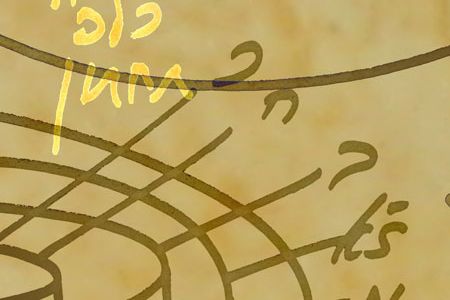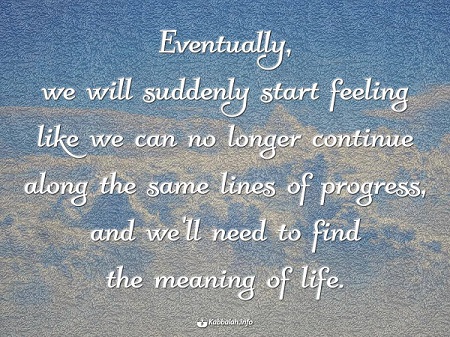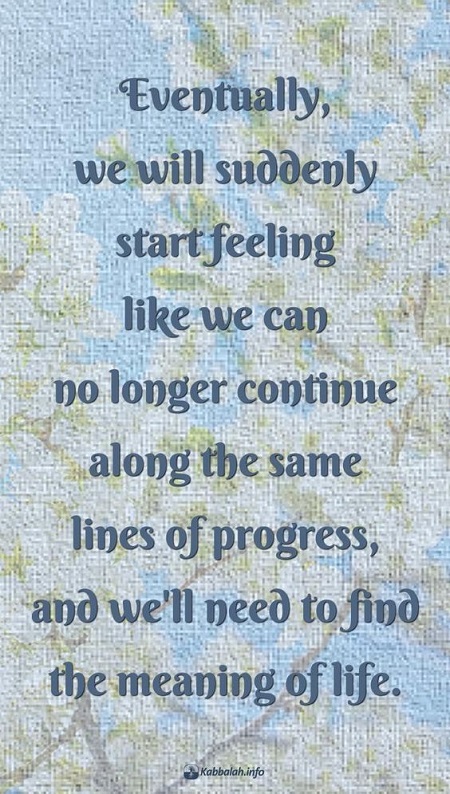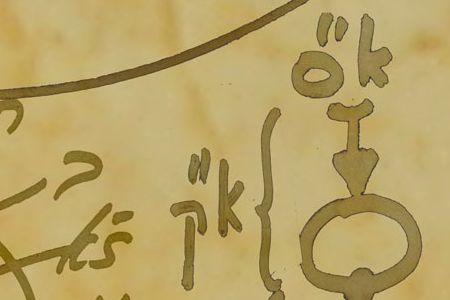
Genesis, 47:28-50:26
This Week’s Torah Portion | January 8 – January 14, 2017 – 8 Tevet – 16 Tevet, 5777
In A Nutshell
In the portion, VaYechi [Jacob Lived], Jacob and his sons join Joseph in Egypt. When the time of Jacob’s death draws near he calls on Joseph and swears him to bury him in the land of Israel and not in Egypt. Joseph asks him to bless his two sons, Ephraim and Menashe before he dies. Jacob blesses them and says that they will be as his sons, Reuben and Simeon. Subsequently, Jacob blesses the rest of his sons and orders them to burry him in the Cave of Machpelah in the land of Israel.
Following Jacob’s death, Joseph receives special permission from Pharaoh to go and bury his father in the land of Israel. Jacob goes to Canaan with his brothers and all the elders of Egypt, arrives at the Cave of Machpelah, buries Jacob there, then returns to Egypt.
Along the way, his brothers fear that he will take vengeance against them for selling him to slavery, but Joseph soothes their fears. He promises them that he will always remain their brother and not their enemy.
Jacob’s blessing comes true and Menashe and Ephraim have many children. Toward the end of the portion Joseph is about to die. He summons his brothers and tells them that the Creator will bring them and his sons out of Egypt, and orders them to take his bones and bury them in the land of Israel.

Commentary by Dr. Michael Laitman
The Torah teaches us how to develop our souls. Initially, we have only the point in the heart. It appears when a person begins to ask about the reason and the meaning of life. Through this question, one begins to see that life is not meant only to live here in this world for seventy or so years. Rather, this life was given as an opportunity to develop the soul.
The soul develops from the evil inclination, opposite which is the “light that reforms.” In other words, if we correct the evil inclination using the light that reforms, we thus develop the soul. This is how the evil inclination becomes the good inclination.
This correction does not relate merely to having good human relations. Rather, through the light we also begin to experience the spiritual world, Godliness, as it is written, “You will see your world in your life.”[1]
The portion deals with the three primary forces: Abraham, Isaac, and Jacob, which are Hesed, Gevura, and Tifferet. These forces exist in the soul of each of us, or in the general soul called Adam. Abraham and Isaac are two opposite lines—right and left, Hesed and Gevura—while the Jacob quality in us, the senior patriarch, includes Abraham and Isaac within it, and is the middle line, called Tifferet. Using the quality of Jacob, meaning the two forces that exist in it, directs us for the first time toward the proper manner of the correction of the soul.
Continue reading “VaYechi (Jacob Lived) Parsha – Weekly Torah Portion”




